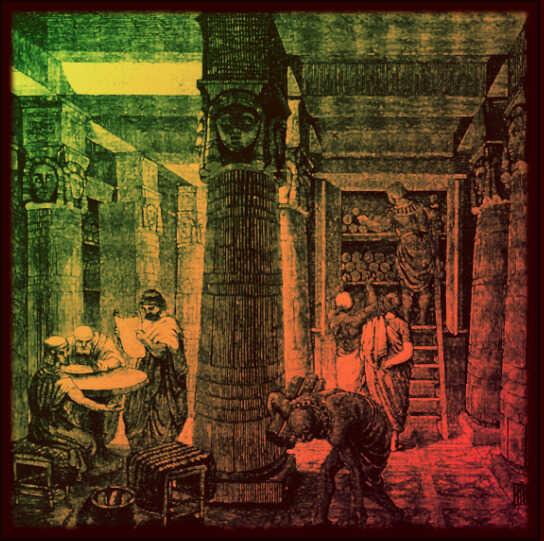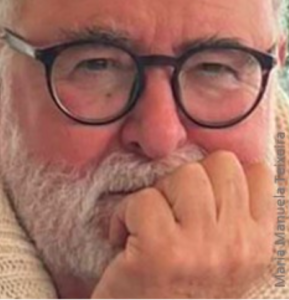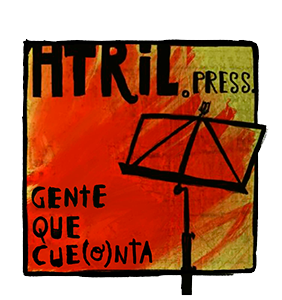
Biblioteca de Alejandría, S.
Grabado realizado en el S. XIX y posteriormente redimensionado y coloreado por K. Vail Abdelhamid en 2015
leer en español
ler em português
More than a decade ago I was unsuccessful in trying to dissuade a young woman from studying for a master’s degree in translation. I told her that translators would soon be replaced by computers. ‘Nothing but crap comes out of them,’ she replied.
And yes, at that time a lot of those electronic translations had to be corrected, but for me it was a sign that soon those translations could be much improved.
So great was my faith in progress that I told an Indian academic that we were close to the point where electronic interpreters would allow non-English-speaking Indians, speaking in their own language, to converse with American clients in real time. I also said that this progress would be a liberation from the yoke imposed by language barriers that had held hostage the thousands of Indians who wrote software code for pennies for bosses who understood orders placed in English by American clients.
And so it was. Today, electronic simultaneous translation of astonishing quality is possible. Americans can place orders in English, which Indians can fill without intermediaries, even if they don’t speak English.
What’s more, for now only warm-blooded interpreters can adapt to different scenarios, interpret tones of voice and body language. But soon not even that. There must be a reason why every fourth interpreter has a lower salary when he or she finds a job. That must also be why so many language departments are closing in universities.
Soon, the advance of electronic techniques will be encroaching on the territory of philologists. Of course, I’d rather listen to Irene Vallejo than to a machine, but think how much less time it would have taken artificial intelligence to decipher the message of the Rosetta stone? There must be a reason why Rosetta Stone is now the name of a software company for language learning models.
I am fascinated by the power of these new technologies that are contributing to the Renaissance of a new Library of Alexandria. Imagine the number of mute documents we will be able to know with the voice that technology will give them!

Alfredo Behrens holds a Ph.D. from the University of Cambridge. He has taught Leadership for top business schools and has published or received awards from Harvard, Princeton, and Stanford. He has four daughters, and with his wife Luli Delgado, he has lived in Porto, Portugal, since 2018. Some of his books can be purchased through Amazon.
alfredobehrens@gmail.com
